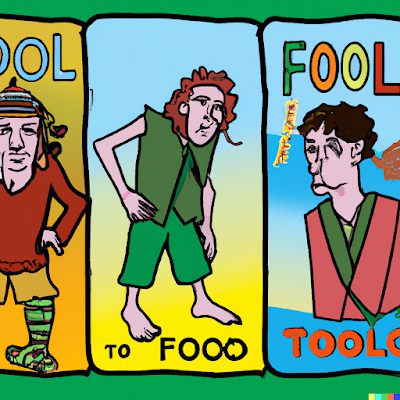In its earliest editions, D&D didn’t care much about character ability scores. They primarily served as a gate for which classes a freshly rolled character could choose from. After character creation, they rarely came up in play.
As the game gradually shifted, edition to edition, toward using abilities for universal action resolution, stats became much more important. As campaigns got longer and character death became rarer, many players sought more certainty in the character creation process. Most D&D 5E games use point buy or the standard array, strategies that fix the “problem” of unbalanced stats, but eliminate the randomness of rolling – even though rolling is really fun.
What else could we do if we wanted to incentivize rolling and embracing randomness? What would make the low scores appealing, without changing their negative in-game effects? I thought it would be interesting to take those old prerequisites and turn them on their head. Traditional D&D might say “you need an intelligence of 12 or higher to be a wizard.” What is the inverse of that kind of rule?
Lunk. Strength 12 or higher, Intelligence 9 or lower. You have advantage on saves against fear and similar effects. You are simply too stubbornly dull to be manipulated like that.
Fool. Intelligence and Wisdom are both 9 or lower. You have advantage on saving throws against enchantment and illusion magic.
Weakling. Strength 7 or lower. Strong monsters will not attack you if you haven’t damaged them and a stronger ally of yours is within sight. If you give up, an intelligent monster must pass a morale check (or Wisdom saving throw) if they intend to refuse your surrender.
Normie. All abilities are 10 or 11. You are strikingly, shockingly average, an exemplar of the ordinary. As such, you are the most attuned to what’s strange in the world. You have advantage on initiative rolls when encountering something you and your companions have never seen before.
Coward. Charisma 8 or lower. If henchman, hirelings, or other allied NPCs flee combat, you can also run away, even if it's not your turn.
Wretch. All abilities are 9 or lower. You are the lowest of the low. Dungeon vermin will welcome you as an equal (the unspoken brotherhood of the miserable). You have advantage on rolls to forage for food (just don’t look too closely at what you’re eating). You can convincingly play dead during a TPK or similarly fatal circumstance (but only once per dungeon level – word gets around).
These are first draft concepts only. They would need some work to see action in a real game. But it would be interesting to layer them onto a system that has the space to accommodate them, or build them directly into a 3d6 stat system that needed something to add character to low-stat PCs.





No comments:
Post a Comment